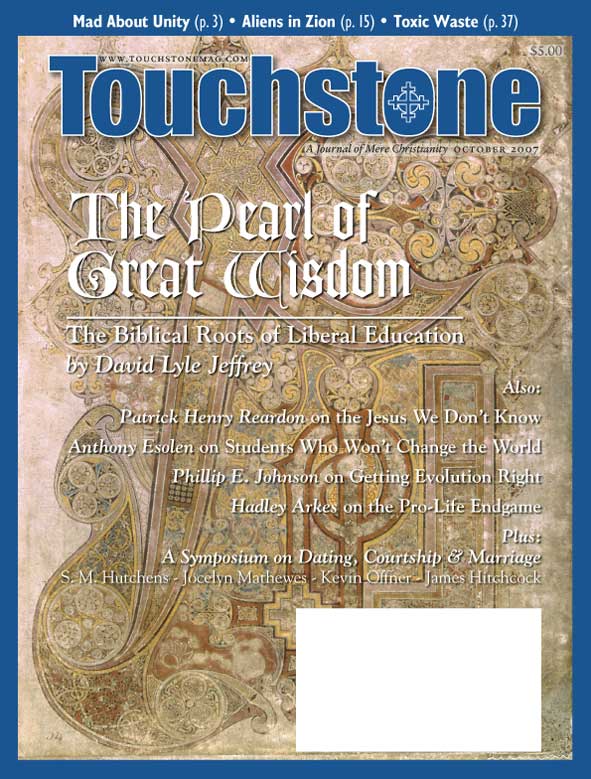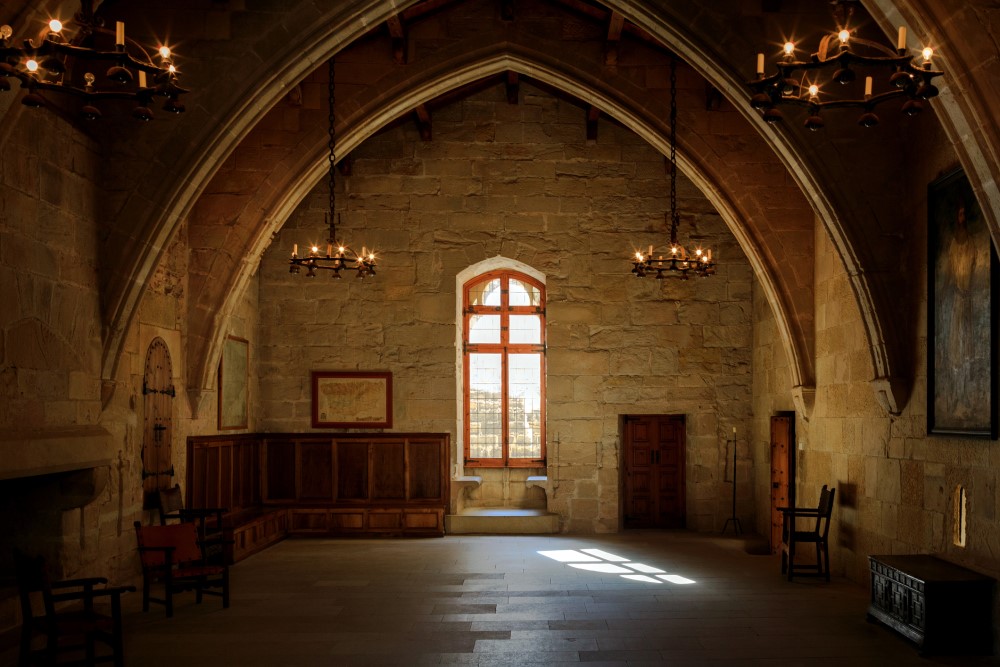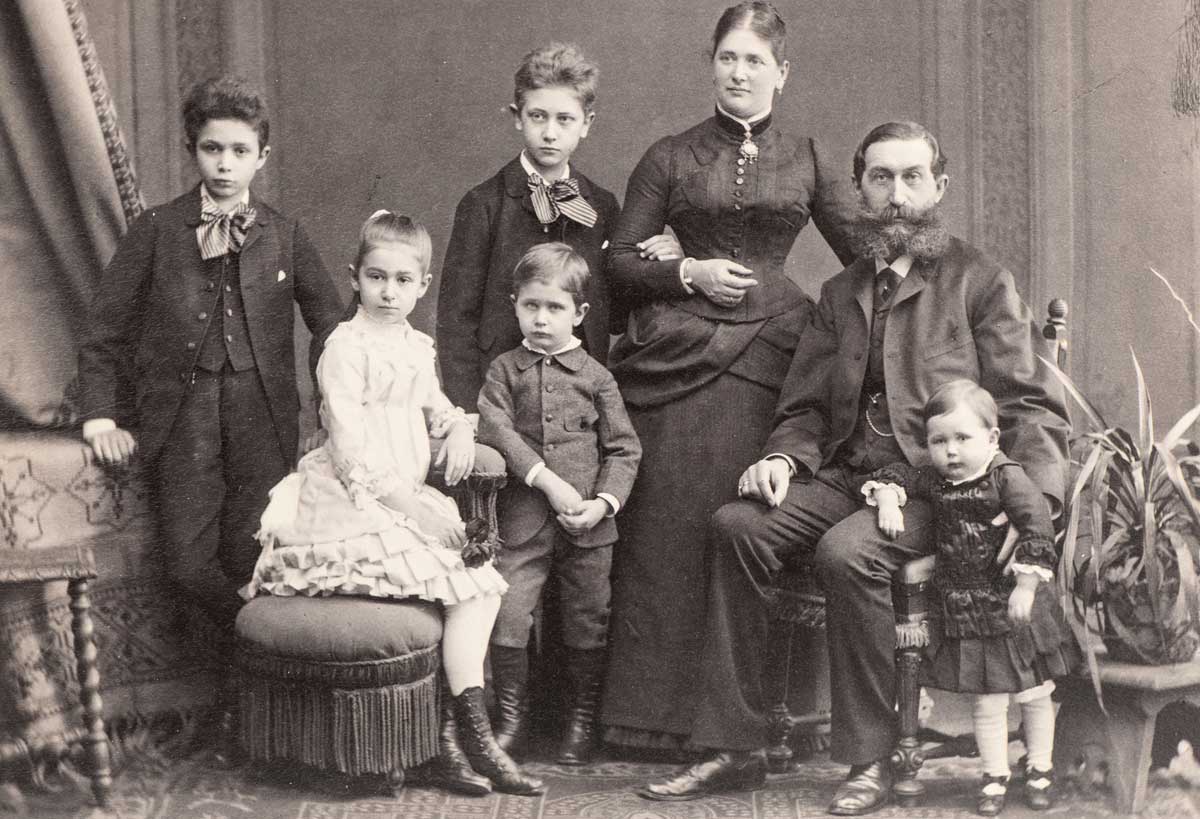Mad About Unity
The Unique Fellowship of the Clearly Divided
The main point of the Vatican’s “Responses to Some Questions Regarding Certain Aspects of the Doctrine of the Church”—written, apparently, against Catholics who continue despite frequent correction to distort the teaching of the Second Vatican Council for their own (liberal) ends—can be easily summarized as “The Catholic Church says that the Catholic Church teaches that the Catholic Church is the Catholic Church.” I would not have thought that this would be news to anyone, since the point was made in Lumen Gentium in 1964, restated in the Catechism of the Catholic Church in 1994, and amplified in Dominus Iesus in 2000, but it was.
Soldiering On
When the statement appeared in July, some mainline churchmen expressed their hurt and vowed bravely to soldier on in the ecumenical calling that Rome has now callously made so much harder.
A leader of the world’s Lutherans called the Vatican’s “exclusive claims” “troubling,” and said that “what may have been meant to clarify has caused pain.” An Episcopal leader insisted that “we are a ‘church’ in every sense of the word,” but added that “none of these disagreements, however, will lessen our commitment to remain in international and national ecumenical dialogue with the Roman Catholic Church.”
Others reacted more strongly. A leader of the world’s Reformed Christians declared that the teaching “goes against the spirit of our Christian calling towards oneness in Christ.” The statement, he protested to the Vatican, “makes us question whether we are indeed praying together for Christian unity.”
A leading Waldensian theologian in Italy said that the statement was “offensive for us as Protestants,” while an Italian church historian said it “fatally wounded” the Catholic Church’s ecumenical credibility. These reactions represent many others, and there were some more violent, like the American who declared that “someone needs to wake up the pope and remind him—and the rest of the guys hibernating inside the Vatican—that we are living in the year 2007,” pitying Catholic leaders for being “so blind to what God has been doing outside their isolated little world for so many years.”
For all the furrowed brows and teary eyes and puffed out chests, these responses were characterized by an implicit theological imperialism. These critics all appealed to some ideal of ecumenical understanding and a particular definition of the Church to condemn the Catholic Church’s restatement of her traditional doctrine. They said, in essence, that the Catholic Church was wrong to make the claims that she did, because (though as far as I know no one ever said this out loud) she is not who she says she is.
In other words, in the name of ecumenical understanding these critics insisted upon their own doctrine of the Church, with precisely the conviction but little of the honesty of the Vatican’s statement. A particular ecclesiology was hidden in moralistic assertions about ecumenical sensitivity.
Healthier and more helpful, certainly, was the kind of response exemplified in the Southern Baptist leader Albert Mohler, a friend of this magazine’s. He said in an article published by the Baptist Press that “Evangelicals should appreciate the candor reflected in this document. There is no effort here to confuse the issues. To the contrary, the document is an obvious attempt to set the record straight.”
He went on to say, with candor equal to the statement’s, that the nature of the Church
David Mills has been editor of Touchstone and executive editor of First Things. He edits the opinion page of the Pittsburgh Post-Gazette.
subscription options
Order
Print/Online Subscription
Get six issues (one year) of Touchstone PLUS full online access including pdf downloads for only $39.95. That's only $3.34 per month!
Order
Online Only
Subscription
Get a one-year full-access subscription to the Touchstone online archives for only $19.95. That's only $1.66 per month!
bulk subscriptions
Order Touchstone subscriptions in bulk and save $10 per sub! Each subscription includes 6 issues of Touchstone plus full online access to touchstonemag.com—including archives, videos, and pdf downloads of recent issues for only $29.95 each! Great for churches or study groups.
Transactions will be processed on a secure server.
more from the online archives
calling all readers
Please Donate
"There are magazines worth reading but few worth saving . . . Touchstone is just such a magazine."
—Alice von Hildebrand"Here we do not concede one square millimeter of territory to falsehood, folly, contemporary sentimentality, or fashion. We speak the truth, and let God be our judge. . . . Touchstone is the one committedly Christian conservative journal."
Support Touchstone
—Anthony Esolen, Touchstone senior editor









